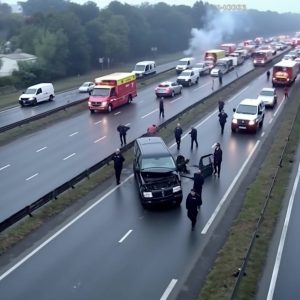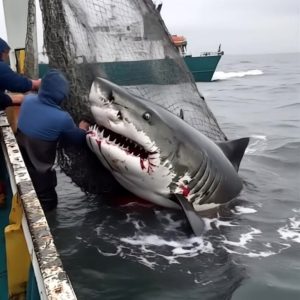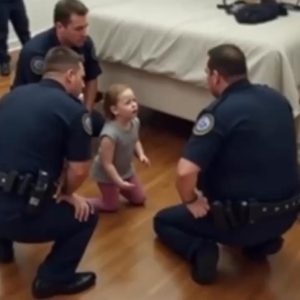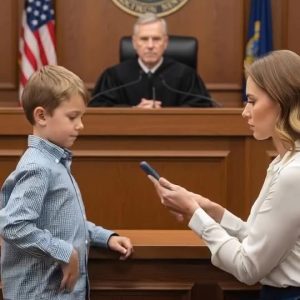It happened at a Juneteenth festival — music blasting, food trucks lined up, kids darting through crowds. I turned away for maybe five seconds to pay for a funnel cake. When I looked back, my nephew Zavi was gone.
Panic hit me like a brick. I dropped everything and started shouting his name, racing past bounce houses, scanning every tiny face. I was seconds away from calling the police when I saw him.
Asleep. In a police officer’s arms.
The officer stood calmly off to the side, like nothing was wrong. When I reached them, breathless and terrified, he said gently,
“He wandered near the ice cream truck and looked tired. I didn’t want to leave him alone.”
I thanked him and scooped Zavi into my arms, overwhelmed with relief. But as I turned to leave, I noticed the stares.
People were watching. Some smiled. Others just… stared. Phones were out. I heard someone near a food truck murmur,
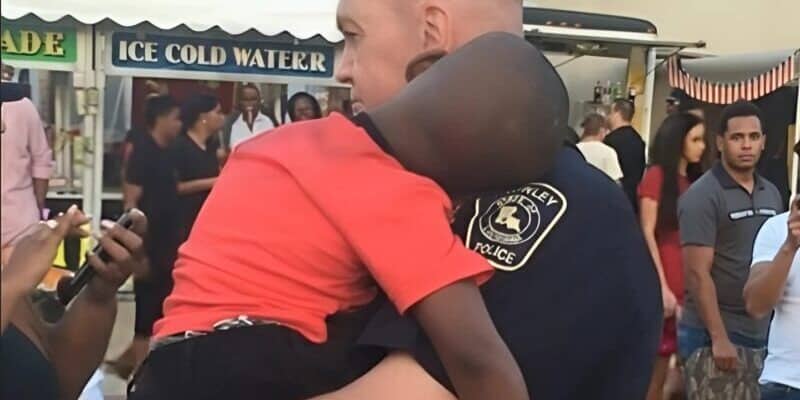
“Guess he got lucky, huh.”
At first, I didn’t get it. Then it hit me.
It wasn’t just that Zavi had fallen asleep.
It was who had been holding him.
And what it might’ve looked like if one thing — just one detail — had been different.
What if he hadn’t looked so young? So harmless? So tired?
That thought haunted me. What if Zavi had been older, more restless, or simply not in such a vulnerable state? Would that officer still have approached with such calm? Or would suspicion have come first?
Later that night, I talked to my sister — Zavi’s mom. She’d seen the looks, too. We both knew what no one said out loud: Zavi’s race shaped that moment, whether anyone admitted it or not.
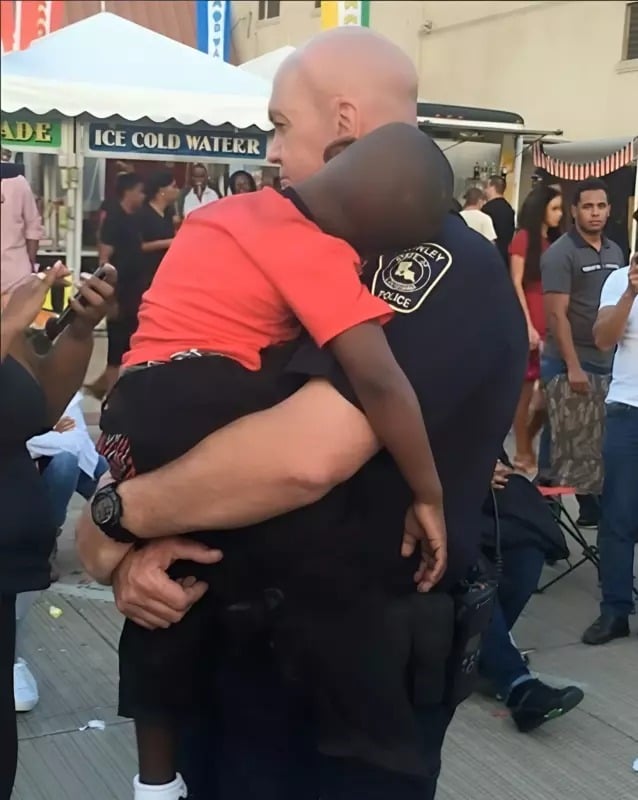
We decided to speak up. Not to stir anger, but to start a conversation.
We shared the story online — thanked Officer Davies for his kindness, but also described the tension we felt, the questions we couldn’t shake.
It went viral. Comments flooded in. Some accused us of overthinking. Others told stories that echoed ours — different cities, same quiet fear.
And then, a message from Officer Davies himself.
He thanked us — and said he understood. He saw the story as a reminder of how much work still needs to be done.
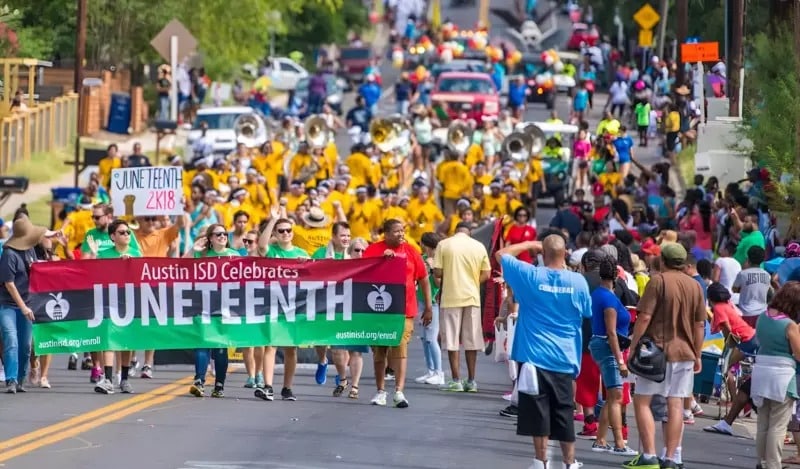
Soon after, the local police department reached out. They invited us to a community meeting to talk about race, policing, and unconscious bias.
It was scary, putting our personal story out there in front of strangers. But we did it.
We talked about our fear when Zavi vanished, the relief when he was found — and the unease that lingered.
The question we still carry: Would this have ended the same way if anything about him had been different?
Officer Davies came, too. He spoke about wanting to be a better part of the community, about listening more, and how our history still shapes our present.
It wasn’t easy. But it was honest. And it was a start.
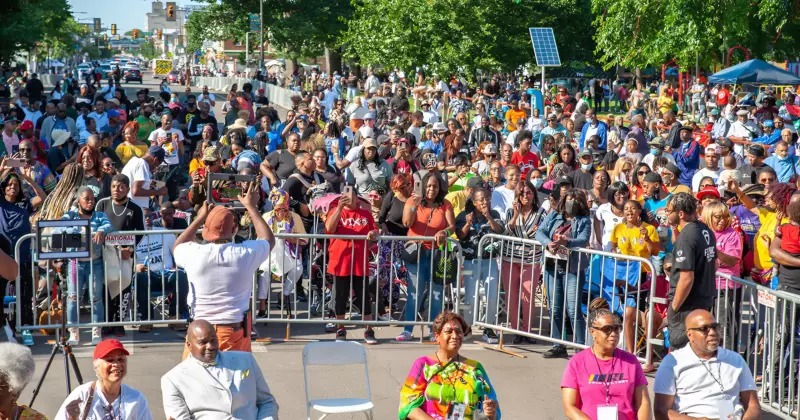
Since then, real changes have taken root — community events, police-youth programs, deeper conversations. And we keep telling our story.
Zavi? He’s back to being his curious, energetic self — blissfully unaware of how complicated that day really was.
One day, we’ll tell him. We’ll share everything — the kindness, the tension, the whispers, and the steps that followed.
Because this story isn’t just about a lost child or a kind officer. It’s about asking the hard questions — and daring to listen to the answers.
Even the quietest moments can start a movement.

